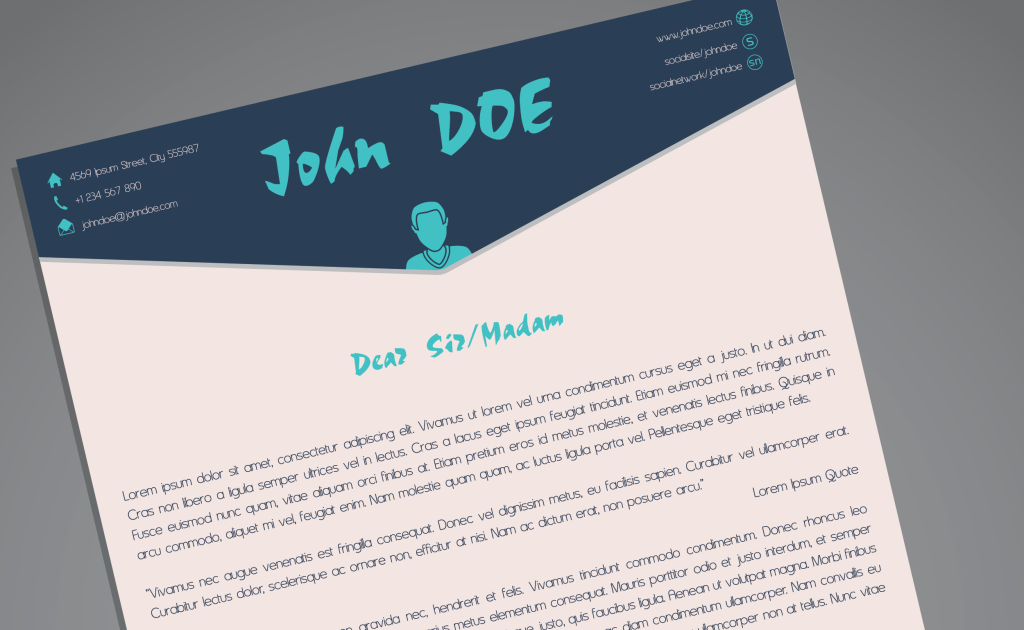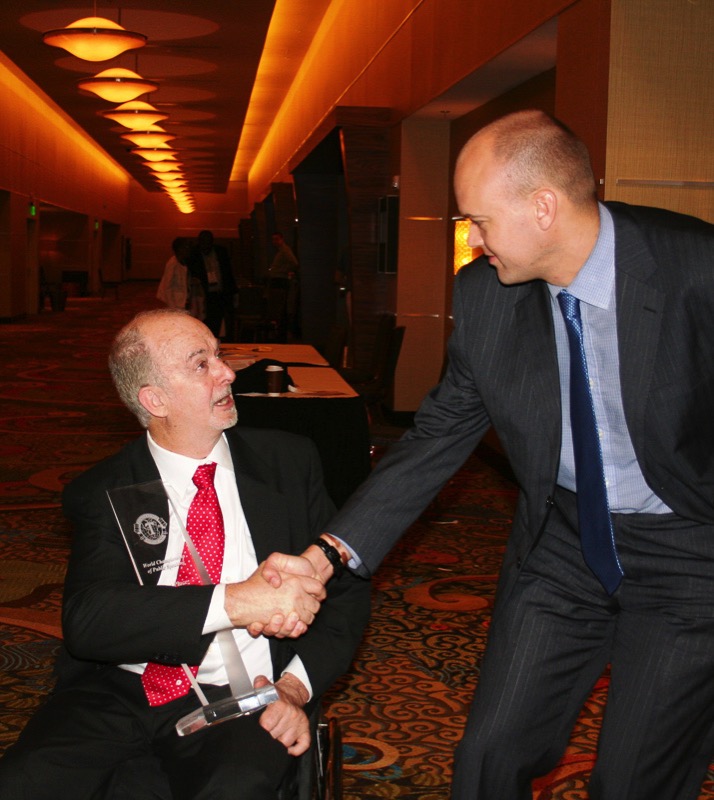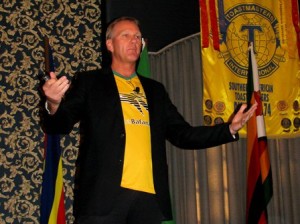
I have conducted hundreds of interviews and seen thousands of CV’s, and its frustrating and wasteful looking at a poorly-written CV’s. Here are some tips to ensure your CV stands out and effectively communicates your qualifications and suitability for the role. While my focus is on IT, these principles apply to most jobs.
The 5-Minute Rule
Interview decisions are often made in just 2-5 minutes of reviewing your CV, so it’s essential to make an impact. Concentrate the most crucial information on the first two pages; anything beyond that may receive only a quick glance at best.
The Basics
- Honesty: Always be truthful in your CV. Embellishing or falsifying information can damage your reputation. Note that credit and qualification checks are often part of the hiring process.
- Consistent Updates: Regularly update your CV. You never know when you might need it.
- Realistic Goals: Aim high but be realistic. If you lack experience in a specific area, be honest about it and demonstrate your willingness to learn (eg by doing industry courses).
- Brevity: Keep your CV concise and to the point.
- LinkedIn: Keep your LinkedIn profile up to date, including a professional photo, and have a link to it on your CV.
Content
- Customize your CV for the job you’re applying for. If applying for different roles, create variations tailored to each role.
- List your previous jobs, starting with the most recent. Highlight a few key accomplishments that showcase your skills, focusing on your contributions. Be brief. You don’t need to mention every task you performed.
- The first page should prominently display industry qualifications that make you stand out, such as “AWS Certified Architect/Developer,” “TOGAF,” “DAMA,” etc.
- Clearly state your objective, and what you are looking for.
- Keep the formatting simple and readable. Your CV should allow a quick decision about the worthiness of an interview.
- Include essential contact details (email, phone, LinkedIn), but avoid overly personal information (such as your address, photo of your ID doc, ID number etc). Remember your CV can cross many desks and security is a concern.
- Add a neat head and shoulders photo on the front page.
- List relevant technical skills and tools you’re proficient in, emphasizing your abilities.
- Share your interests and hobbies, showing a bit of your personality.
- Proofread your CV for spelling and grammar, and consider having someone else review it.
- Don’t mention the obvious. If you are applying as a software developer its a given that you know how to use Excel.
If you’re starting out
For recent grads or final-year university students:
- Provide a brief introduction about yourself, highlighting your favourite courses and personal projects.
- Share your extracurricular activities and any volunteer work or part-time work experience.
Here is a rough outline
Contact Details
- Name, photo, phone, email & LinkedIn (add a website if available). Include links to anything relevant online (eg github profile/projects, personal blog, online portfolio etc)
Career Objectives/Overview
- Who you are.
- What you’re looking for.
- Your core skills.
Relevant Qualifications
- Degrees and industry certifications.
Project Highlights/Work Experience
- Notable career highlights.
- Core skills.
- Work-related awards and achievements.
Employment History
- Organization, title, dates.
- Be honest about employment gaps.
Hobbies, Volunteer Work, Personal Projects
- Include personal interests and hobbies.
Additional skills
- List skills that may not be directly relevant, but are still interesting (Eg additional languages spoken)
Additional Awards and Achievements
- Community-related awards/achievements (eg president of my chess club).
Recommendations
- Any recommendations you have received in the past (thanks, linked in recommendations etc)
Anything Else
- School highlights and awards.
- Contactable references. You do not need to include the names, but mention that they are available on request. And check with the references beforehand.
Image by Vectorportal.com



 I have had my Amazon Kindle for about 18 months (6 months out of warranty), and a few weeks ago it started behaving strangely, in that whenever it went onto standby, it would crash.
I have had my Amazon Kindle for about 18 months (6 months out of warranty), and a few weeks ago it started behaving strangely, in that whenever it went onto standby, it would crash.
